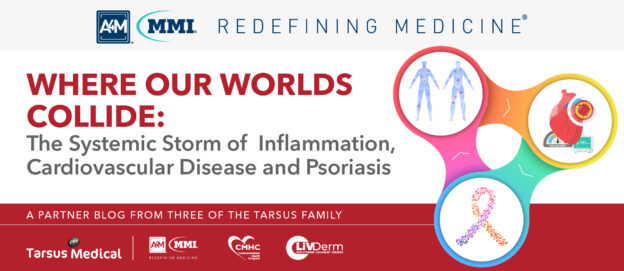Cognitive function and other physiological factors, such as stress levels, have long been associated with physiological health and immunocompetence. Markers of cognitive function, such as reaction time, vigilance, and processing speed, are central to human ability and optimal performance. Variability in these measures is common, as numerous environmental, physical, and mental factors can modify them, including sleep quality, dietary patterns, and other lifestyle choices.
A burgeoning body of scientific evidence suggests that intra-individual variability reaction time and other cognitive performance markers may reflect neurobiological disturbances and, thus, have valuable prognostic significance. Prior research has shown that a heightened variability in reaction time is explicitly associated with greater mortality risk in both younger and older adults. Now, the results of a recent 2022 study reveal a potential connection between cognitive performance and disease susceptibility that could transform our understanding of and approach to the brain-immune system pathway.



